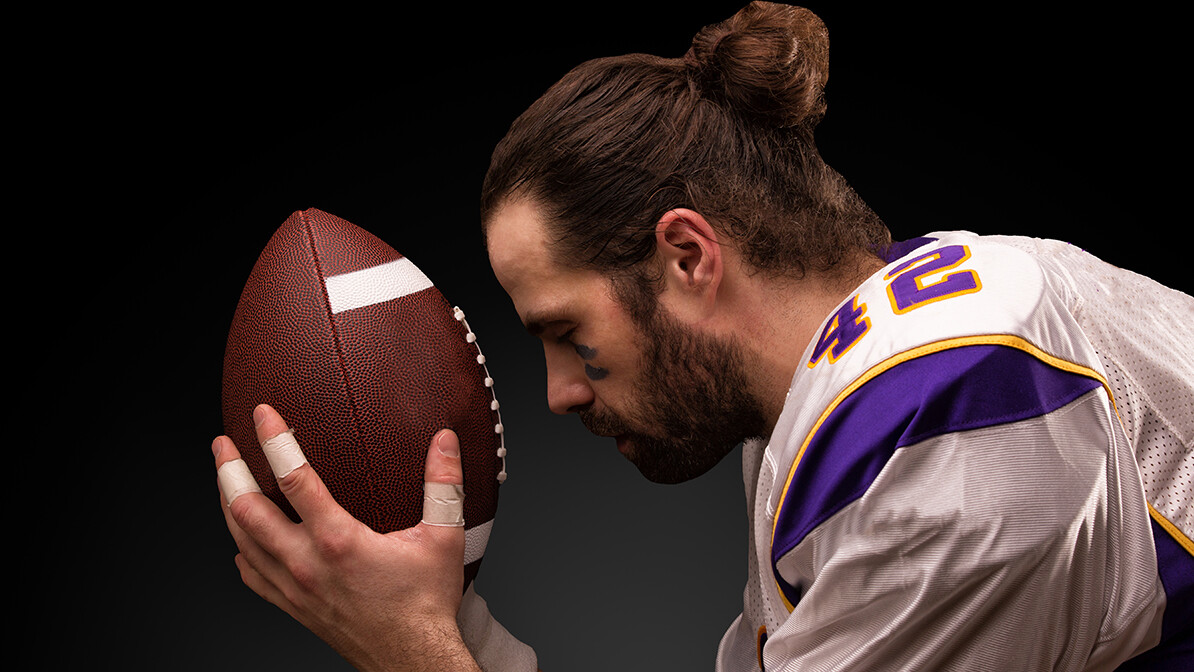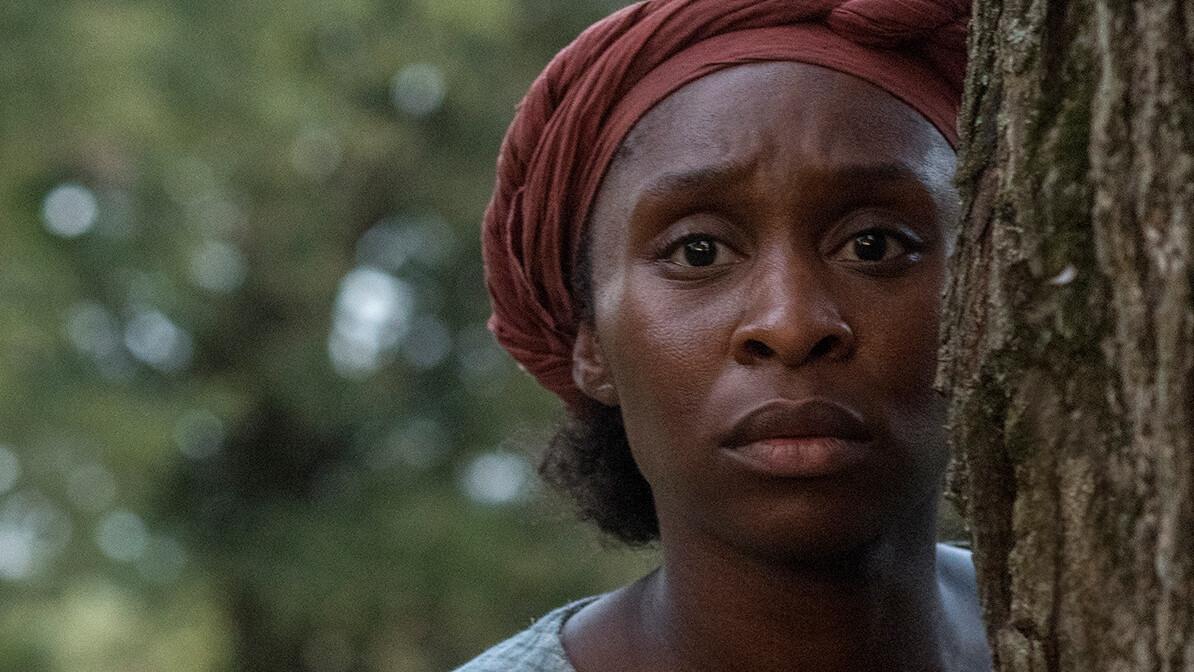- Home
- Entertainment
- Johnny Agar & Becki Agar: ‘Sometimes You Win, Sometimes You Learn’ (Part 1)
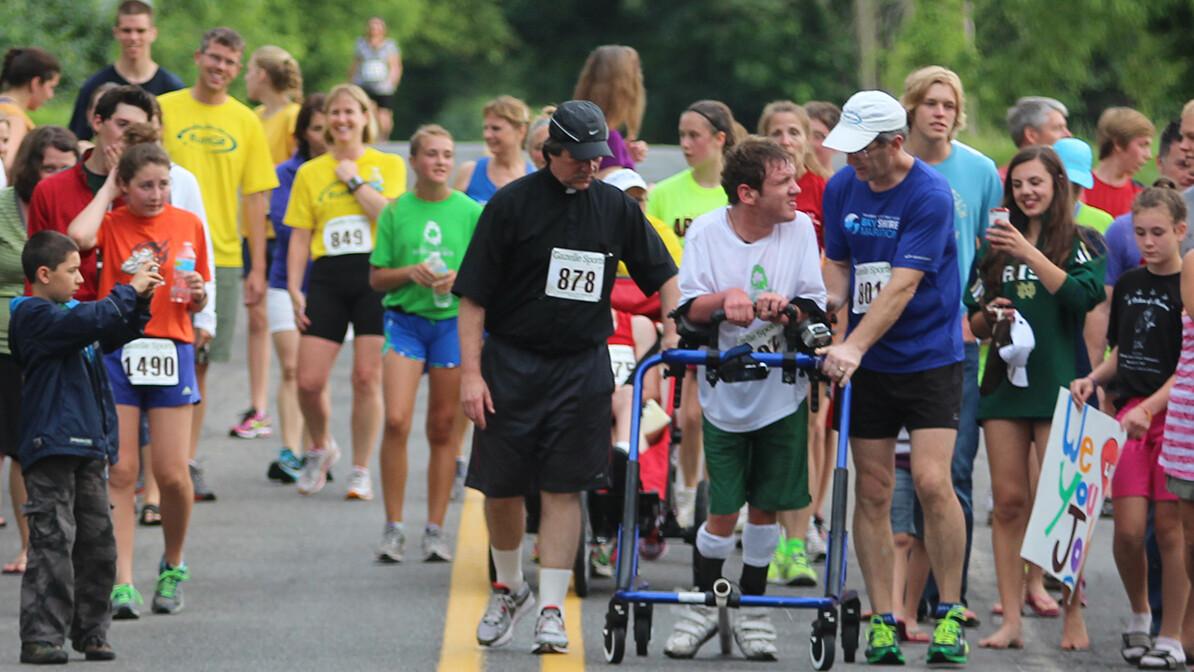
Johnny Agar & Becki Agar: ‘Sometimes You Win, Sometimes You Learn’ (Part 1)
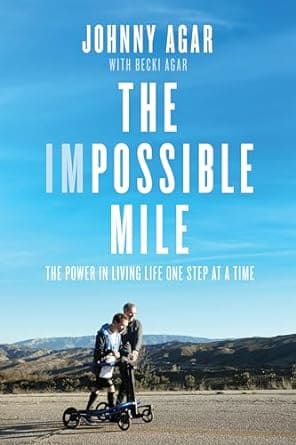
John Farrell: Could you please tell me a little bit about the book, The Impossible Mile, and what is the impossible mile?
Johnny Agar: The Impossible Mile came about because I wanted to learn what it was like to be an athlete. My dad played professional ball with the Detroit Tigers in their minor league system, so sports was always a big part of my family’s life. And me not being able to participate in sports was difficult, but my family always taught me I can do anything I put my mind to.
They had me involved in every activity we did as a family. When we went ice skating, I was out there on the ice participating with the family. They would always find different ways for me to be involved. So, when a neighbor approached me at a Christmas party and asked me if I wanted to participate in a triathlon with a run group called “My Team Triumph,” I readily accepted. They’re a ride-along program that takes kids with disabilities and different challenges through marathons and triathlons. When I did my first one, I really loved it.
Becki Agar: It gives them the opportunity to know what it feels like to cross the finish line or participate in a team-event type of thing. When Johnny did it, he absolutely loved it and was hooked on competing.
At that point, Jeff and our oldest daughter, Annie, had been running a little bit and were running in 5k races. We went to another triathlon because Johnny loved it so much and they thought, ‘Why don’t we try this with Johnny?’ It kind of went from there and it progressed.
Jeff kept saying, “Okay, I’m done when we do this 5k, and I’m done after we do this 10k.” But he progressively kept doing more and more because Johnny was having so much fun with it.
Johnny woke up one morning and told us at the breakfast table, “I’ve decided I want to walk a mile.” We had always really encouraged Johnny, but we never wanted to pigeonhole him by saying he had cerebral palsy so he wouldn’t be able to do X, Y, or Z. When he came to us and said, “I want to walk this mile,” we looked at each other and we both knew what we were thinking: ‘Oh my goodness, how is he going to walk a mile when he had only ever walked 23 steps?” But there was no way we were going to tell him no, because he’d grown up knowing that he’s going to try what he can try and give it his all. That’s how he decided to walk this mile. So, he trained.
Johnny: Took me about two years to train. It was really cool because I was experiencing what dad was experiencing when he crossed the finish line. I remember hearing dad panting behind me as I was sitting in my race chair and I thought, ‘If he can do this, I can do this. I need to give him a break for a little bit and walk this mile, which was the last mile.’
I think what really made the most impact for me is that if I can take on the toughest mile and show him how much I really appreciated being around the athletes and stuff. This was my opportunity to tell him and other people about what it was like being around the athletes and being around the people that I learn the most from in life.
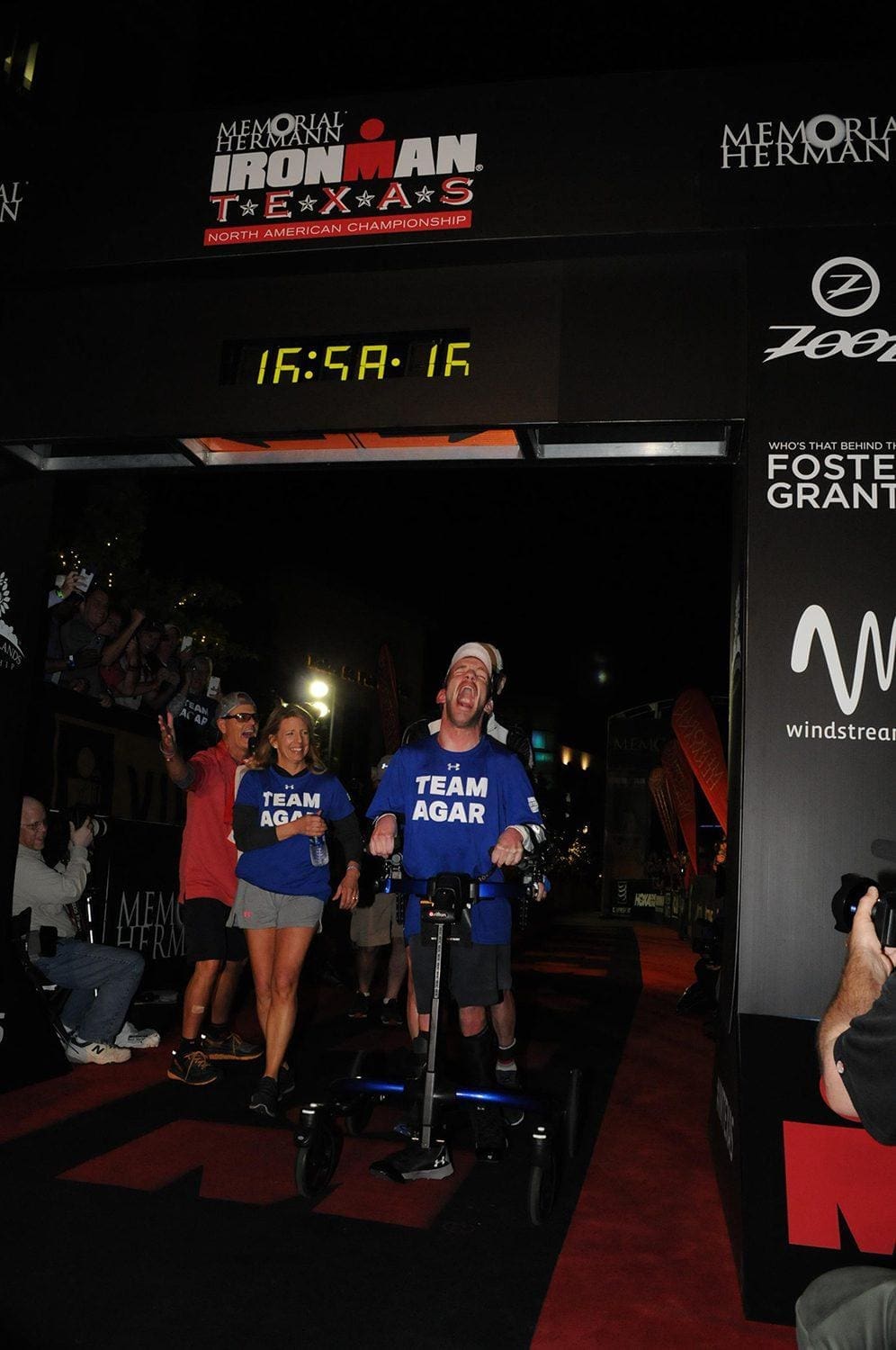 The first mile that I walked was at my church. So, it really encompassed everything that surrounded me: my family, my faith, and it allowed me to give back to everyone, but it also kind of manifested in front of me what I believed God was telling me my purpose was in life.
The first mile that I walked was at my church. So, it really encompassed everything that surrounded me: my family, my faith, and it allowed me to give back to everyone, but it also kind of manifested in front of me what I believed God was telling me my purpose was in life.
It was really cool because after I walked the last mile of our church 5k my pastor got up for his sermon and said, “What Johnny did yesterday showed us what God wants us to do.” If I get my head down, it was really hard for me to focus and walk, but if I kept my head up and focused on where I was going, God would be able to easily show me where I was going and where I could go. It was not just me being an athlete anymore. I knew there was a much bigger purpose to it that really showed me what I was accomplishing and that this was part of God’s plan for me.
Learning from Your Failures
Becki: At the time, his impossible mile was really something that we thought he wanted to do and show Jeff that he was able to be an athlete and that he could do it. It wasn’t really something that he set out to encourage a lot of people. He didn’t know that would happen. We were shocked by it. We thought maybe he’d be able to show people with disabilities that they don’t want to short themselves out of opportunities.
He did encourage people with disabilities, but he also heard from people all over the world. After that E:60 piece was on, he heard from people in the Philippines, Malaysia, and the Marshall Islands. They were saying how he encouraged them to lose weight or get up off of the couch or get off their addiction. It was pretty amazing.
But to answer the last question, if you would have asked most people, they would’ve said it was going to be impossible because it took him almost two hours to walk that mile and two years of training for it. Most people would have said, “Yeah, it’s pretty much impossible. I don’t even know why you’re thinking about it.”
He knew what failure was, which I think is a key thing. He experienced failure all the time, but he knew that he wasn’t afraid of it. If he failed, he would just try again because every day that’s what he does. He fails multiple times at multiple things. It’s just part of the process. It’s the way he looks at it. He’s not afraid of it.
Sports was a huge thing in our family, and he grew up in a sports family and he looked up to athletes. He would watch and study them. I’m not kidding. He would get reports, and he wouldn’t just study their stats, but he would study the person that they were, what made them go out and practice 365 days out of the year? Like Michael Phelps. What was it about them? What characteristics did they have? What made them want to do that? That’s what he loved about them.
We liked pushing the athletes that succeeded, but then failed and succeeded again, because those are the people we wanted him to emulate because that’s life. You’re not gonna succeed in everything you do.
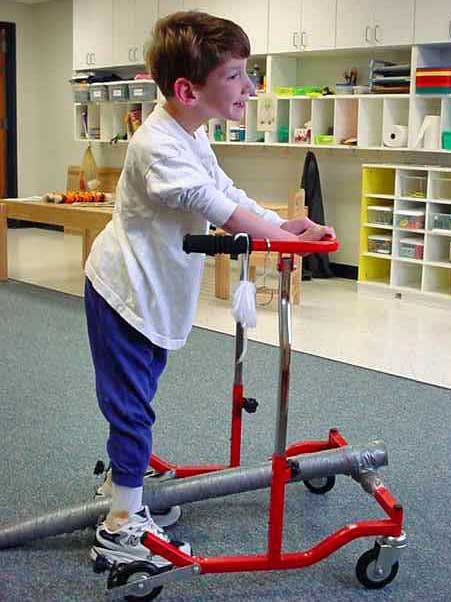 JF: That’s awesome. The story of perseverance in the face of multiple failures. That’s part of life regardless of who you are or where you are. It’s not about whether you failed or how you failed or how many times you failed, it’s about what you do after you’ve failed. And he persevered through that, and that alone I think is a remarkable testimony.
JF: That’s awesome. The story of perseverance in the face of multiple failures. That’s part of life regardless of who you are or where you are. It’s not about whether you failed or how you failed or how many times you failed, it’s about what you do after you’ve failed. And he persevered through that, and that alone I think is a remarkable testimony.
Becki: Thank you. You know what’s really funny is that after the E:60 episode we got invited to the Ironman World Championship, and they didn’t make it. I don’t know if you know the whole story, but they didn’t make it through the Ironman World Championship. They made it through the 2.4-mile swim and then through half of the bike, which is a 112-mile bike ride. They made it through 56 miles, and they got pulled over because they weren’t going to make the cutoff in time.
After that, we got invited by Ironman to the viewing of the NBC premier of the Ironman World Championship. We were at the premiere party and everybody kept coming up to us saying, “Oh my gosh, your son stole the show.” We kept hearing, “What he said was just amazing.” I’m looking at Jeff thinking, ‘What did he say?’ Jeff’s like, “I don’t know.”
When we watched it, we realized that when they didn’t make the cutoff and they got pulled over, the guy that was picking them up to get them off the course said something like, “I’m so sorry it didn’t work out for you.” Johnny just looked down and said, “You know what, sometimes you win, sometimes you learn.” That was the sentence that everybody was talking about.
We were floored. I leaned over to Jeff and asked, “Did you tell him to say that? Where did he get that?” He said, “No.”
Jeff was in such a fog at that point that I don’t think he heard Johnny or realized what Johnny was saying because he was pretty spent at that point. But that’s how Johnny looks at failure and at life. You’re not always gonna win, but you always can learn from your failures.
I think that summed it all up. I think this impossible mile would have been impossible for most people because they wouldn’t look at the opportunity to fail as a learning process like Johnny was able to and has done his whole life. I think that’s another reason why it was so shocking to us because that is the way he’s always lived his life.
Johnny: I think that’s where my faith comes in because trusting in God is the essence of faith. I think if you have failure multiple times you need to understand that God has a bigger plan for you. You may not know it, but God’s plan is so much bigger than we could ever imagine. My parents always instilled in me that even though I may not know what that plan is for me, God is in control.
…
Read more about Johhny Agar here and Becki Agar here.
Stay Tuned for Part 2 of Johnny Agar and Becki Agar’s Interview
Order a copy of The Impossible Mile: The Power in Living Life One Step at a Time by Johnny Agar with Becki Agar
Trending Now
Sign up today for your Inspiration Today Daily Newsletter
Supercharge your faith and ignite your spirit. Find hope in God’s word. Receive your Inspiration Today newsletter now!
John Farrell
John Farrell serves as the Digital Content Manager at Inspiration Ministries, where he oversees the planning, organization, and management of website content to support the ministry's global digital outreach. With a strong background in writing and editorial strategy, John ensures that the articles, devotionals, and discipleship resources on Inspiration.org are accurate, engaging, and aligned with the ministry's mission.
John has authored more than 1,000 articles, press releases, and features for Inspiration Ministries, NASCAR, Lionel, and Speed Digital. His versatility as a writer is also showcased in his 2012 book, The Official NASCAR Trivia Book: With 1,001 Facts and Questions to Test Your Racing Knowledge.
A graduate of Appalachian State University, John brings excellence and attention to detail to the digital experience at Inspiration Ministries. He lives in Concord, N.C., with his wife and two sons.
Related Articles
March 10, 2025
Finding Total Victory on the Road to Championship
I have been playing competitive golf for 55 years. Through the various stages of my life, my…
March 7, 2025
Average Joe Movie: SCOTUS, Praying Football Coach Backstory
When Coach Joe Kennedy knelt to pray at the 50-yard line after a high school football game, he had…
February 28, 2025
The Power of Story: A Muslim Journey to Hope
Storytelling is one of the oldest and most powerful ways to touch the human heart. Parents tell…
February 27, 2025
‘Harriet’ Movie: Courage, Freedom, Faith
Antebellum abolitionist Harriet Tubman had convictions and courage that helped free herself…
Next Steps To Strengthen Your Walk
Inspiration Today Newsletter
Supercharge your faith and ignite your spirit. Find hope in God’s word. Receive your Inspiration Today newsletter now!
Christian Articles
Find articles to strengthen your walk and grow your faith. We have a wide range of topics and authors for you.
Submit A Prayer Request
We are here for you. Simply click on the button below to reach us by form, email or phone. Together we will lift our hearts and voices with you in prayer.



